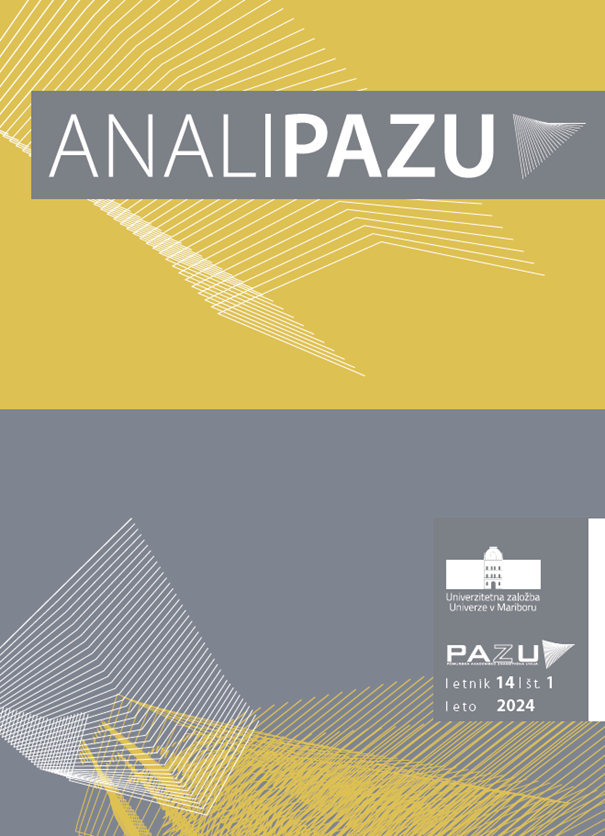Značilke pri razpoznavanju aktivnosti dnevnega življenja v pametnih domovih
DOI:
https://doi.org/10.18690/analipazu.14.2.1-21.2024Ključne besede:
senzor, aktivnost, razpoznavanje aktivnosti, strojno učenje, klasifikacijaPovzetek
Slovenija se kot večina razvitih držav sooča s staranjem prebivalstva. Poraja se vprašanje, kako starostnikom zagotoviti varno bivanje v domačem okolju. Tehnološki razvoj na področju senzorskih tehnologij, strojnega učenja in umetne inteligence lahko prispeva k doseganju tega cilja. Sistemi za zaznavanje aktivnosti dnevnega življenja z visoko točnostjo razpoznavajo aktivnosti stanovalcev pametnih domov. Posledično lahko zaznajo motnje pri vsakodnevnem delovanju starostnika, kar lahko kaže na zdravstvene težave. Tovrstni sistemi temeljijo na senzorskih omrežjih in na podlagi aktivacije različnih senzorjev razpoznavajo aktivnosti stanovalcev. Točnost razpoznavanja aktivnosti je odvisna predvsem od kakovosti značilk, ki jih sestavimo iz senzorskih podatkov, in algoritma oz. modela za klasifikacijo, ki ga iz podatkov zgradimo v fazi učenja. V raziskavi se osredotočamo predvsem na izbiranje in izločanje značilk ter proučujemo kako le-to vpliva na končni rezultat razpoznavanja aktivnosti. Analiziramo, pri katerih aktivnostih je točnost razpoznavanja najboljša in pri katerih najslabša. Pri slednjih prikažemo tudi, s katerimi aktivnostmi le-te najpogosteje zamenjujemo.
